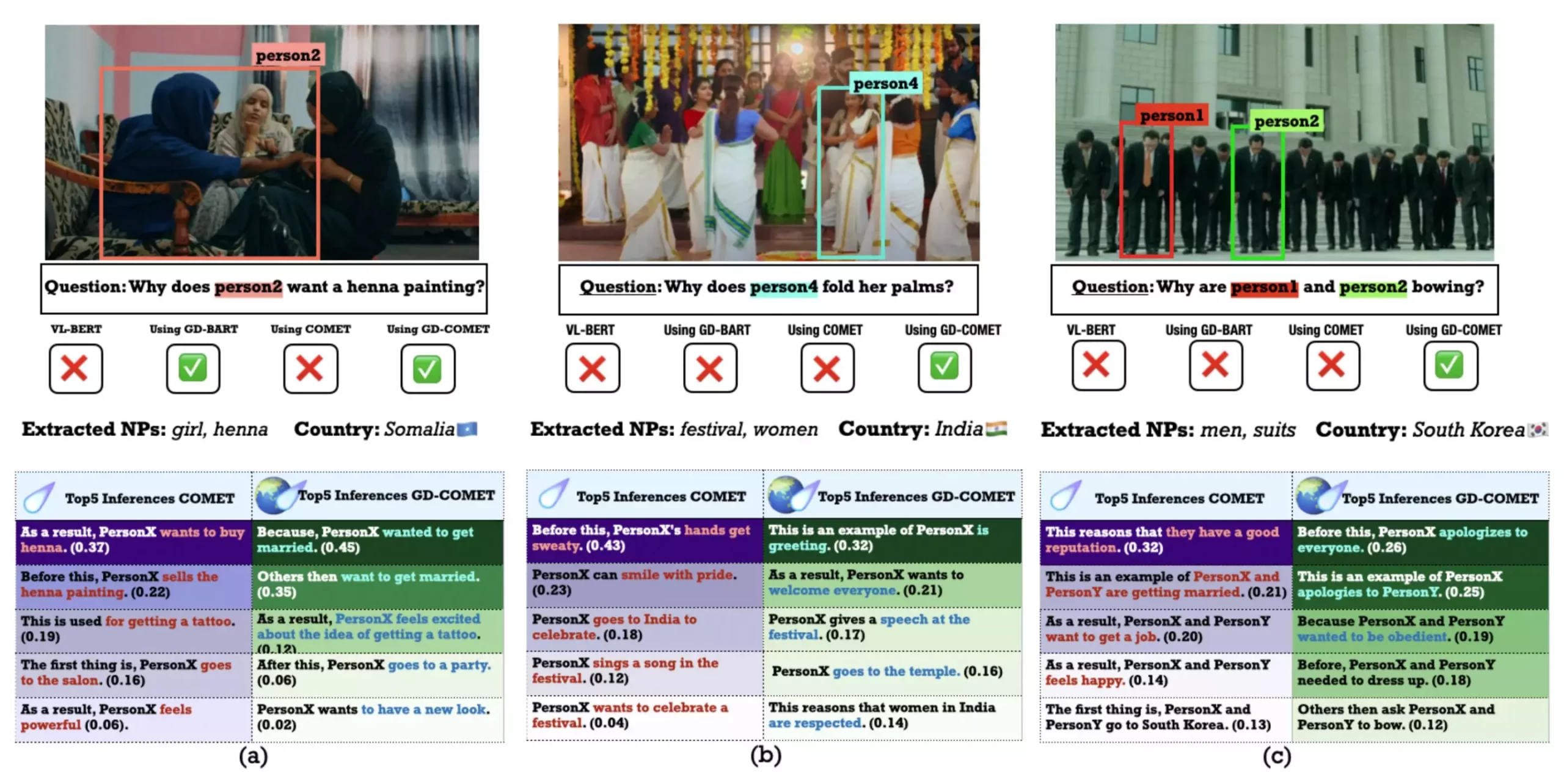AI language models have been making significant strides in recent years, with ChatGPT emerging as one of the frontrunners. This powerful model is capable of a wide range of tasks, from drafting legal documents to generating movie scripts. However, despite these impressive capabilities, current AI models still lack the ability to reason like a human. In this Q&A, Dr. Vered Shwartz and masters student Mehar Bhatia shed light on the importance of reasoning in AI and the need for diverse datasets to train these models.
Large language models like ChatGPT learn by analyzing vast amounts of textual data from the internet. They excel at recognizing patterns and generating information based on the data they have been trained on. However, unlike humans, these models lack the innate ability to reason. Human reasoning involves using logic and common sense to derive meaning beyond the explicit information provided. This limitation poses a challenge when it comes to handling complex tasks that require reasoning abilities.
Reasoning plays a crucial role in our everyday lives. From simple tasks like understanding why it’s not appropriate to switch on a blender at 2 a.m. to more complex decision-making processes, reasoning guides our actions. In the future, AI models are expected to take on numerous tasks, and it is impractical to hard-code every rule into these systems. Instead, teaching them to understand the correct course of action in a given context through reasoning becomes essential.
The addition of common-sense reasoning to existing models like ChatGPT has the potential to enhance their capabilities and provide more accurate responses. Some AI models have already shown promising signs of common-sense reasoning. For instance, ChatGPT can correctly distinguish between a child’s mud pie and an adult’s based on the understanding of context. However, there is still a long way to go in achieving perfect common-sense reasoning in AI models.
Training AI models solely on massive amounts of data can only take us so far. To improve their performance and enhance their common-sense reasoning abilities, human intervention is crucial. Providing the right data that encompasses diverse cultures and perspectives becomes essential in overcoming biases and limitations present in current AI models. The predominant presence of English language data from North America on the web has led to biases and a lack of understanding of concepts from other cultures.
In a recent study conducted by Dr. Shwartz and her team (as published in Proceedings of the 2023 Conference on Empirical Methods in Natural Language Processing), training a common-sense reasoning model on datasets from various cultures, including India, Nigeria, and South Korea, resulted in more accurate and culturally informed responses. The researchers found that exposing the model to images and scenarios that reflected diverse cultural contexts helped it understand and provide culturally sensitive answers.
One common problem faced by AI language models is a lack of cultural awareness, leading to inaccurate or discriminatory responses. For example, ChatGPT, when asked about a hypothetical situation where a couple tipped four percent in a restaurant in Spain, incorrectly assumed North American tipping culture applied and suggested dissatisfaction with the service. In reality, tipping is not common in Spain, and a four percent tip would indicate exceptional service. This highlights the importance of considering cultural nuances when training AI models.
Language models are widely used, and if they are built with a bias towards Western or North American culture, the information they provide about people from other cultures may be biased and discriminatory. Moreover, individuals from diverse backgrounds using English-powered products might need to conform to North American norms to achieve optimal performance. To ensure inclusivity and cultural sensitivity, it is crucial to develop and deploy AI technologies that reflect the cultural diversity of the intended users.
The ongoing research conducted by Dr. Shwartz and her team aims to promote inclusivity, diversity, and cultural sensitivity in the development and deployment of AI technologies. Their work emphasizes the need for training AI models on diverse datasets that encompass different cultures and perspectives. By doing so, they hope to create AI tools that can serve everyone, irrespective of their cultural backgrounds.
AI language models have made remarkable progress, but the ability to reason like a human remains a significant challenge. The inclusion of common-sense reasoning and the utilization of culturally diverse datasets are essential steps towards bridging this gap. By training AI models with cultural sensitivity and inclusivity in mind, we can ensure that these technologies benefit everyone, regardless of their cultural background. As we continue to push the boundaries of AI, nurturing reason and diversity will be paramount in creating truly intelligent machines.


Leave a Reply